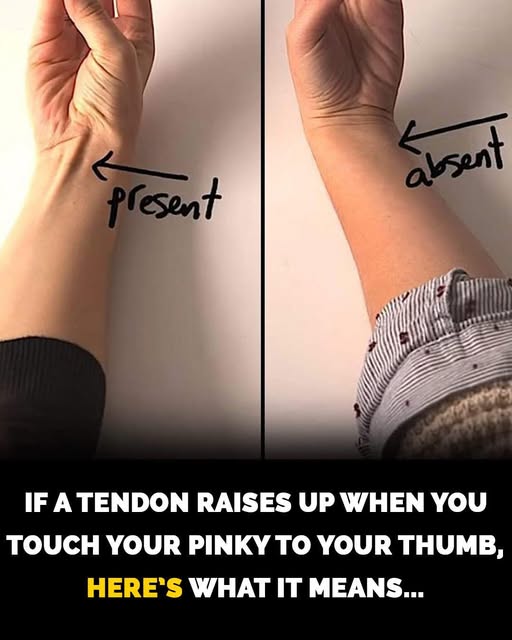
Our bodies are truly remarkable instruments. They are so extraordinary that I believe most of us fail to fully appreciate the wonder of natural evolution that we embody. If you take a moment to reflect, we have transformed from creatures quite similar to today’s chimpanzees into walking, talking beings capable of building intricate societies and…
Our bodies are truly remarkable instruments. They are so extraordinary that I believe most of us fail to fully appreciate the wonder of natural evolution that we embody.
If you take a moment to reflect, we have transformed from creatures quite similar to today’s chimpanzees into walking,
talking beings capable of building intricate societies and even sending objects into space, all in what seems like an instant (especially when considering the age of the universe).
One of the most fascinating aspects of our evolution is that, in many ways, we are nearly the same as we were twenty thousand years ago, even though we inhabit a world that is drastically different from the one our ancestors knew.
Even more intriguing is the fact that we are still evolving, albeit at such a gradual pace over countless generations that we seldom notice any changes happening.
This brings us to the connection between a seemingly simple tendon in your wrist and the ongoing journey of humanity as we move forward into the future.
Tendon and evolution
The tendon we’re discussing is linked to an ancient muscle known as the palmaris longus, which has been gradually disappearing in about 10-15% of the human population today.
Research indicates that the palmaris longus plays a crucial role for animals that rely on their forearms for mobility, such as lemurs and monkeys. This muscle aids them in swinging from branch to branch, making it an essential part of their physical structure.
Now, here’s the fascinating part: ground-dwelling apes like gorillas have slowly lost this function because they no longer depend on their forearms for movement as they once did. Similarly, humans are also beginning to lose the tendon associated with the palmaris longus.
As mentioned earlier, evolution tends to be a gradual process, so nearly 90% of humans still possess this tendon, although evidence suggests it is slowly being phased out.
To find out if you still have your tendon, you can try a quick test at home. Start by laying your forearm on a flat surface with your palm facing upward. Next, bring your pinky finger to touch your thumb and gently lift your hand off the surface.
Did you give it a go? If you notice a distinct band in the center of your wrist (that’s your tendon), then you still have it. If not, you might be one of the few people who no longer need that tendon.
Did you have the tendon? We’d love to hear from you in the comments! Don’t forget to share this article on Facebook so your friends and family can join in on the fun too.